
‘Wicked’ systemic issues, such as climate change, organisational culture, societal inequality, and diversity challenges, pose some of the most complex problems facing us today. These multifaceted issues, interwoven with a variety of global social, economic, and political systems, necessitate an innovative approach in their comprehension and resolution. One such unconventional yet promising approach is the use of tabletop Role-Playing Games (RPGs). The mechanics of these games can be harnessed to design learning programmes that provide nuanced understanding and engagement with these problems.
The History of RPGs
Tabletop RPGs have a rich history, beginning with classics like Dungeons & Dragons (D&D), and evolving with new systems such as Powered by the Apocalypse (PbtA), Belonging Outside Belonging, and Wretched & Alone. These games invite players to create characters, navigate intricate narratives, and address complex problems.
The experience is immersive and personal, fostering strategic thinking, cooperation, and empathy among players. These characteristics make such games ideal tools for exploring the complexity, ambiguity and, often, the lack of a clear ‘win-state’ which come with real-life ‘wicked’ problems.
Although traditionally, RPGs have focused on high-fantasy or Sci-Fi themes and have involved combat scenarios, the systems and narrative themes are largely independent of each other, allowing the mechanics of such games to be applied to any theme or narrative. Indeed, more modern RPGs have made moves towards more personal and ‘identity’ related themes, moved away from combat (and toned down the fantasy, or merged it with mundane reality), and made efforts to reduce the complexity of games systems, to lower the barriers to access this kind of play.

As a result, we see games such as Dream Apart (belonging outside belonging in a Jewish shetetl in Eastern Europe), Night Witches (Soviet airwomen from the Second World War) or Sagas of the Icelanders (the world of the sagas in Medieval Iceland). Such games are based in historical reality and culture.
Yet other games seek to create experiences which put you in another’s shoes. Logan is an excellent example of this – where the player rolls (and roles) their way through an alternate version of the game designer Logan Timmins’ own life.
Logan is a solo experience – something which is more available now than in the days when D&D was the standard. But identity-based narrative is also available for groups who want to explore these themes of inner life and one’s place in the world, together, in experiences such as Monsterhearts or Chuubo’s Marvelous Wish-Granting Engine.
Translating RPG Mechanics to Learning Programmes
From a mechanical and system perspective, there are many aspects of RPGs which lend themselves to adaptation to ‘wicked’ scenarios and themes.
For instance, D&D’s alignment system teaches players about moral and ethical complexities by assigning their characters a moral and ethical stance.
D&D’s character creation system is a detailed process that encourages players to consider their character’s background, personality traits, ideals, bonds, and flaws. This system can be applied in a learning program focused on diversity and inclusion. Participants could create characters with diverse backgrounds and traits, encouraging them to step into the shoes of individuals who may have very different life experiences from their own.
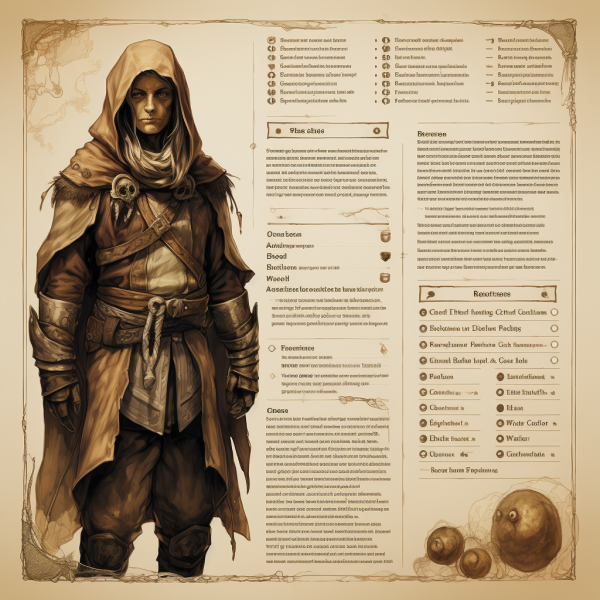
There is now such a wealth of RPG systems, that if the character creation process of one does not suit your learning application, you can surely find another that will. For example, if assigning numeric values to traits and skills, as in D&D, is not appropriate, then the more narrative-based character creation process of PbtA games, very well might be.
Additionally, D&D’s leveling up system, which allows characters to gain new skills and abilities as they progress, can be adapted to represent professional growth in an organisational context,or any kind of developmental ‘journey’. Participants could ‘level up’ by acquiring new skills or knowledge or even attitudes and values, thereby reinforcing the importance of continuous learning and development.
PbtA games, on the other hand, provide robust, flexible mechanics that can be tailored to diverse themes and settings, challenging players to navigate complex systems and scenarios. For example, in The Sprawl, a PbtA game centered around futuristic corporate espionage, the mechanic of ‘missions’ can be adapted to learning programmes, projects or even causes (such as tackling poverty or climate impacts). Participants could be tasked with ‘missions’ that involve navigating a complex environments and tasks, reinforcing the importance of strategic planning and collaboration.
Skill checks, another RPG mechanic, require players to understand the interactions of various systems to make strategic decisions. This mechanic can be mirrored in programmes designed to address wicked problems such as climate change. For example, learners could ‘roll’ to see the effect of certain environmental decisions, helping them understand the interconnectedness of environmental systems and the far-reaching consequences of their actions.
Another key mechanic, cooperative problem-solving, encourages players to work together towards a common goal, reinforcing the value of teamwork and collective decision-making. This can be translated into learning programs to emphasise the importance of collaboration in addressing societal inequality, or other issues. For example, a scenario could be designed where learners, representing different strata of society, have to collaborate to bridge socio-economic gaps and improve societal welfare. The fact that most of the game systems are ‘theme-agnostic’ opens up a wealth of possibilities to tackle more or less any scenario you wish.
The Benefits and Challenges of Using RPGs in Learning
The use of RPG mechanics in learning programmes brings several benefits. It boosts engagement levels, encourages innovative thinking, and fosters empathy among learners. However, the challenges are also considerable. Acceptance, particularly among those unfamiliar with RPGs, implementation complexity, and time management can be potential hurdles.
To mitigate these challenges, it’s crucial to introduce RPG mechanics in a gradual, comprehensible manner, ensuring that all participants are comfortable with this unique learning approach. This could involve beginner-friendly sessions and pre-game workshops to familiarize participants with the mechanics, and using simplified RPG systems to start.
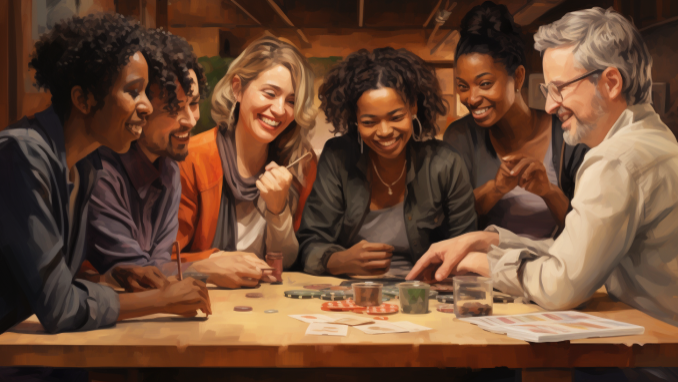
The newer, often independently published, RPGs, are an excellent resource to go to find inspiration for creating simpler RPG experiences. Many of these have deliberately sought to lower the player overhead in the learning OF the game, which from a learning perspective enables us to more quickly get to the point of learning FROM the game.
In comparison with the hefty manuals and endless tables of stats associated with RPGs like D&D, many of these games are expressed very briefly – sometimes on as little as a single page, and yet with carefully thought-out mechanics are able to create rich and impactful experiences for players.
Itch.io is a site well-worth getting to know if you want to dig up some inspirational indie gems.
Takeaways
The vast, interactive world of RPGs offers exciting opportunities for learning and development professionals. RPG mechanics can be a valuable tool in our quest to understand and address ‘wicked’ systemic issues. However, RPGs are not a panacea; they represent one among many innovative solutions. The path forward lies in continually pushing the boundaries of games-based learning, seeking new and imaginative ways to engage learners and equip them with the skills and knowledge they need to tackle our world’s most pressing problems.
- James Bore – The Ransomeware Game - 13th February 2024
- Ipsodeckso – Risky Business - 23rd January 2024
- Review – Luma World Games - 15th December 2023

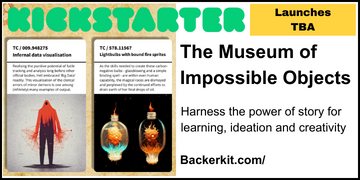

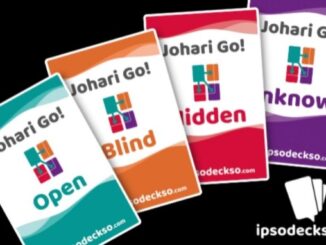
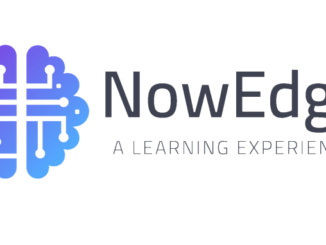

Be the first to comment